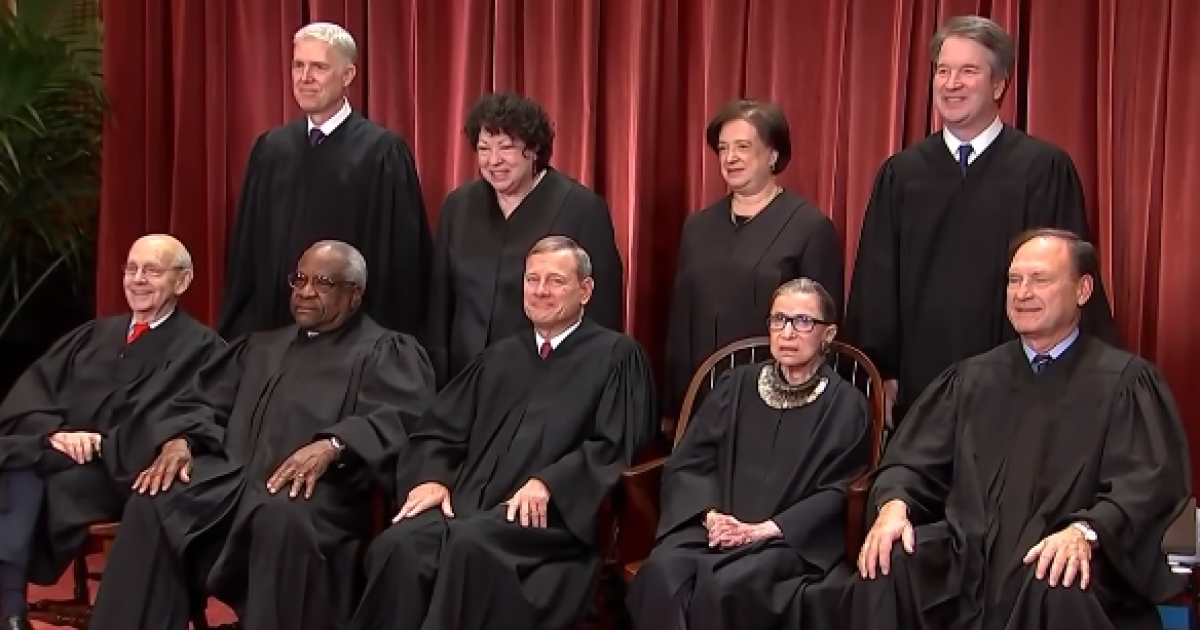
On April 20, 2020, the U.S. Supreme Court ruled that juries nationwide must be unanimous to convict or acquit a criminal defendant.
Split verdicts were hallmarks of states like Louisiana where lawmakers inserted them in the state Constitution during the Jim Crow era.
The decision was 6-3 and crossed ideological lines. The court ruled that the Sixth Amendment’s right to a jury trial has an implicit requirement for a unanimous verdict.
The previously recognized requirement for jury consensus in federal courtrooms equally applies to state courts in accordance to the 14th amendment.
Because of this decision, Evangelista Ramos of New Orleans, who was serving a life sentence after receiving a murder conviction in a 10-2 verdict. This decision will immediately affect numerous criminal convictions and hundreds of felony prosecutions in Louisiana and Oregon. The aforementioned states are the only ones in the country to establish non-unanimous jury verdicts — in 1898 and 1934, respectively.
Louisianans voted in 2018 to repeal the practice, resoundingly approving an amendment to the state constitution requiring unanimous verdicts for future cases.
Thanks to this ruling, as many 100 Louisiana inmates, such as Ramos, will have new trials. Said inmates were convicted by split juries and have not used up all their appeals, according to accounts from defense advocates. This means that all verdicts must be unanimous moving forward. The 2019 amendment only applied to trials dealing with crimes that took place after January 1, 2019.
In the majority opinion, Gorsuch — arguably Trump’s best Supreme Court nominee — stated the following:
“Wherever we might look to determine what the term ‘trial by an impartial jury trial’ meant at the time of the Sixth Amendment’s adoption — whether it’s the common law, state practices in the founding era, or opinions and treatises written soon afterward — the answer is unmistakable. A jury must reach a unanimous verdict in order to convict.”
With a conservative Supreme Court, America can expect future judicial decisions that promote the rule of law and keep judicial activism at bay.



